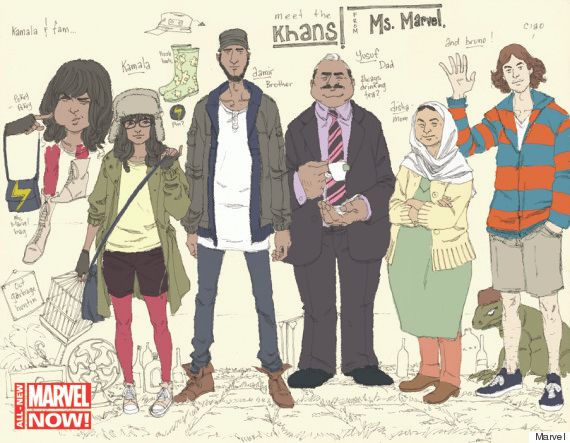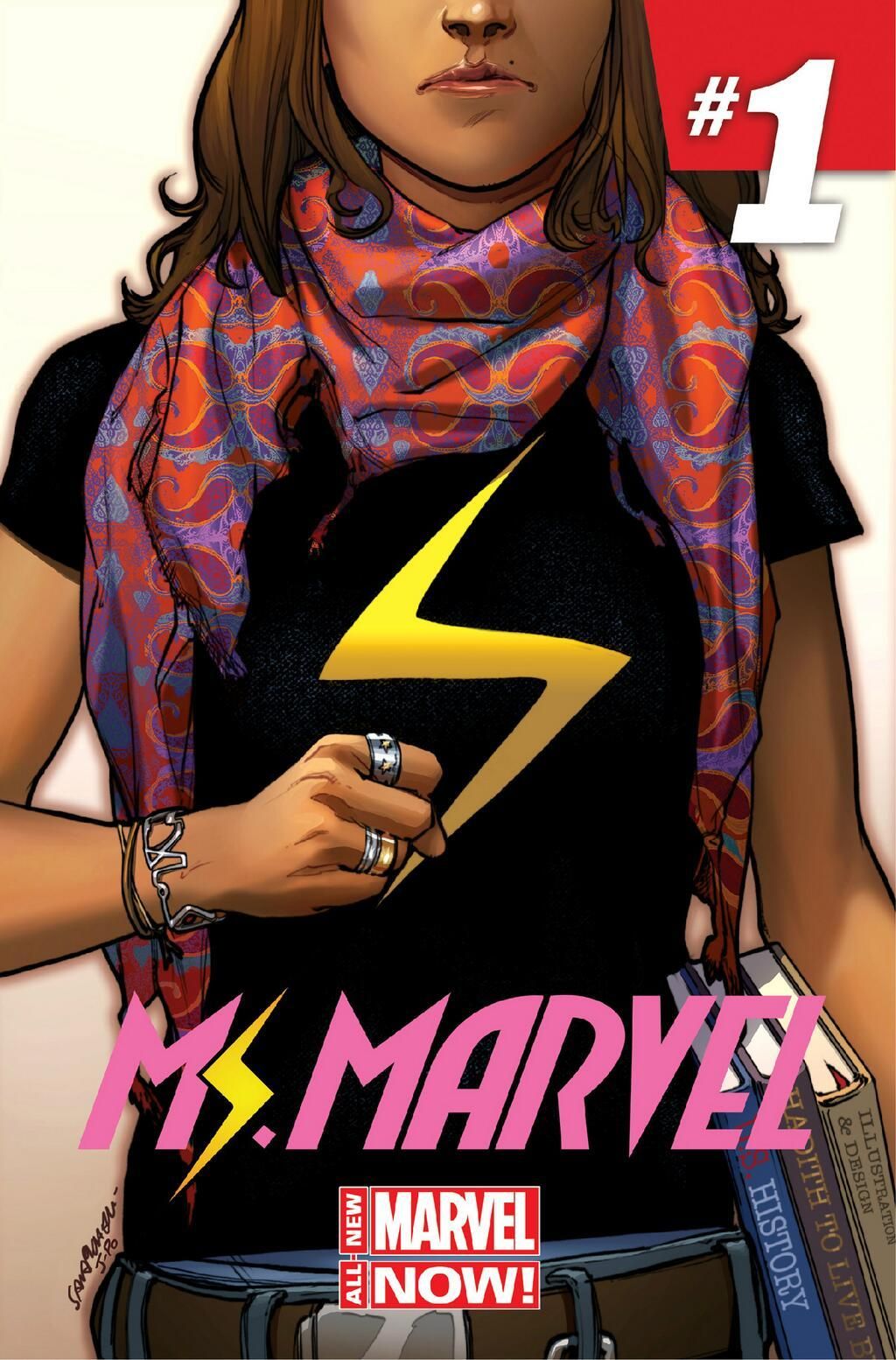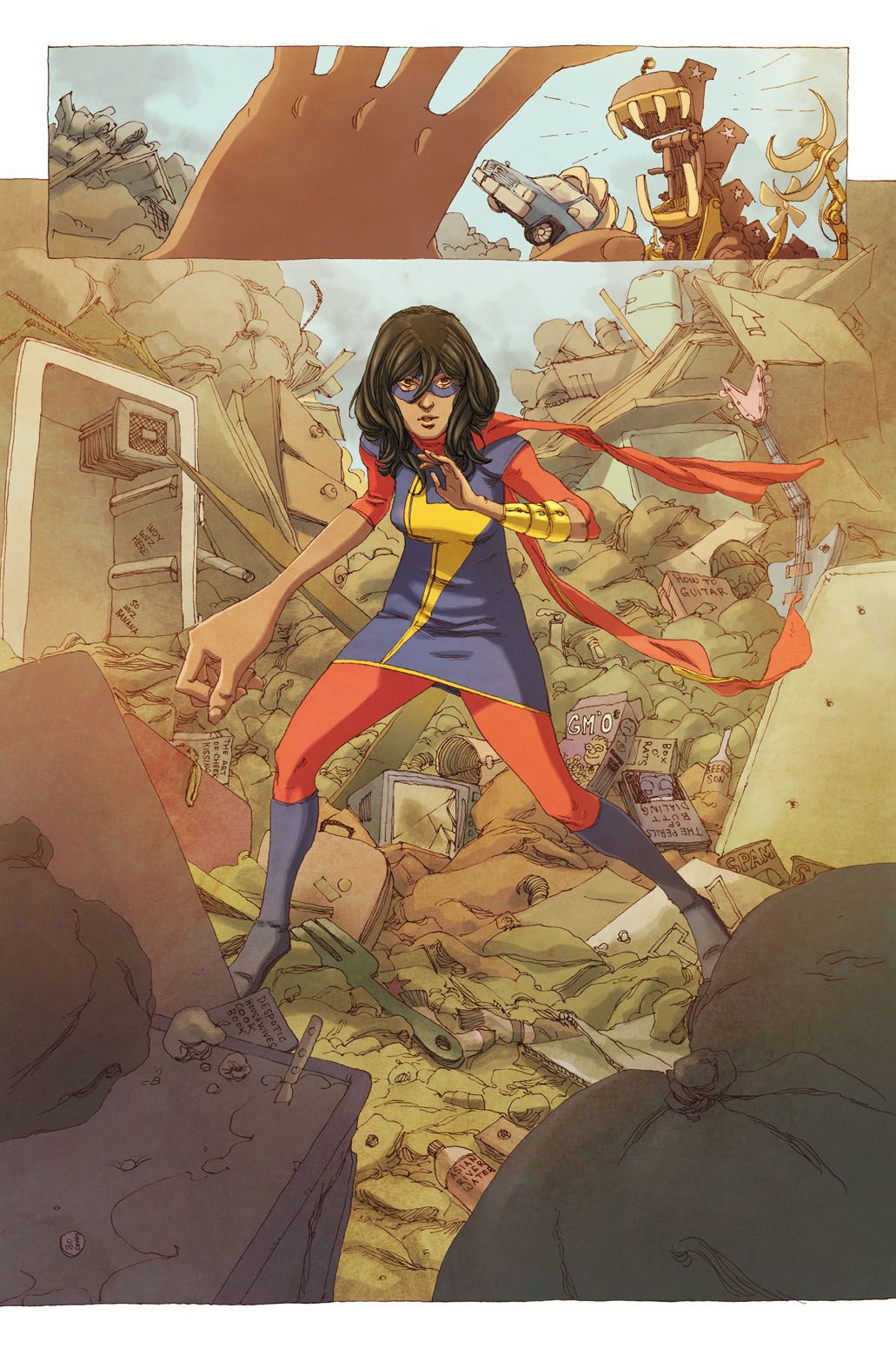The "Guy Card" doesn't exist. No one can take away your masculinity however you choose to define that. So get out there and take dancing lessons or moisturize your face (note: I have no idea what would constitute the removal of a Guy Card because it doesn't exist). In fact, there's no such thing as a "Girl Card" either, so fail at wearing heels and makeup with impunity because no one other than yourself should have the power to call you on it. Be you, because that's all we can be; pleasing everyone else is just way too hard.
What we do or don't do shouldn't be an indicator of gender, or race or sexual identity. I mean, we can make guesses, but that doesn't tell you who you are inside, and it's the inside that really counts, or so years of cartoon morality lessons have taught me. There's no such thing as "not black enough" or "you act too gay to be straight," because that says more about the person making those statements than the person they're defining. The United States started out as just some humble little colonies trying to forge their own identity, coming to America to be themselves.
And some people want to be Carol Danvers.
WARNING: A spoiler-free review of Ms. Marvel #1 lies ahead, and I promise this is about as preachy as I'm going to get.
Inside Ms. Marvel #1 is the story of a girl who wants to be someone she can't be, at least on the surface. The seed of the new NOW! Ms. Marvel isn't that unique of a concept; a lot of kids go through celebrities and role models like a clothing rack as they shop for a sense of who they want to be. If you don't know for sure, why not see how other people do it and try it on for size? Kamala's dream was somewhat inspired by editor Sana Amanat's childhood and how she wanted to be Tiffani-Amber Thiessen from Saved by the Bell. When I was younger, I wanted nothing more than to be like supermodel Iman; she was tall, gorgeous, elegant, married to David Bowie and was in Star Trek VI! Iman was, and still is, awesome! I knew at the time I couldn't be Iman (I was far too young for David Bowie), but I could admire her for who she was.
Admiration, real admiration, requires understanding. Sometimes you don't even have to like what you admire, but you can at least get to appreciate it and understand it's purpose. Now, I'm not a big fan of Brian Michael Bendis' work (surprise!), but I do try to understand it. I read his books as far as they'll go and listen to people who praise him to learn what they're taking out of his comics that I might not be. Understanding, even of something that doesn't speak to you personally, can still broaden your knowledge and help other fans gain ground.
G. Willow Wilson is writing a common teen's tale. Kamala Khan is not understood by her family, her peers can be bullies, she finds trying to fit in awkward and frustrating. This is an experience we've seen or had ourselves, it just so happens to be told through the eyes of a Muslim Pakistanti-American girl in New Jersey. Her ethnicity and religion aren't used in broad brush strokes, like how '80s-era Chris Claremont would throw in a "By the White Wolf!" or "Unglaubich!" and be done for the day. Comics don't necessarily have the best track record for representing diversity in a way that doesn't seem like a Captain Planet cartoon. Despite the media attention around this new series, Kamala is not defined by what makes her different. Who she is and what she wants to be is woven into the story, so while the details might be foreign to us, the weight of what's happening is universal.
Kamala Khan is funny. She's relatable. She writes Avengers fan fiction. Like all great protagonists, Kamala wants more than this provincial life, and we know she wants it in the most butt-kicking way possible. She's nothing like her idol Carol Danvers on the surface, and while she might admire those surface issues of being beautiful and blonde, Kamala also possesses courage, personal awareness and good intentions, demonstrating she's a lot closer to her idol than she may feel. She's a great person, and following her through her new adventures is easy to get behind.
Since this title's announcement in November, there's been a lot of support for the new character and her unique point of view. The letters page in this first issue is full of love for a girl readers haven't even met yet because, in a way, a lot of them already have. This is a hero just like them, who looks like them, who shares an experience like them and represents them in the four color world. It might not seem like a big deal to some, but for others, seeing a face that looks like theirs reflected in the pages of a comic book is monumental.
Some of you might have looked at Ms. Marvel #1 this week and thought, that's not for me. You might not be a girl, you might not be Pakistani, you might not be a teenager, the surface-level information on this book might have just turned you off. That's OK; you're not racist or sexist if, at first glance, you didn't want to read this story. However, if you take a chance and open up the comic to see the story inside, there's a lot of the human experience that can connect with anyone.



